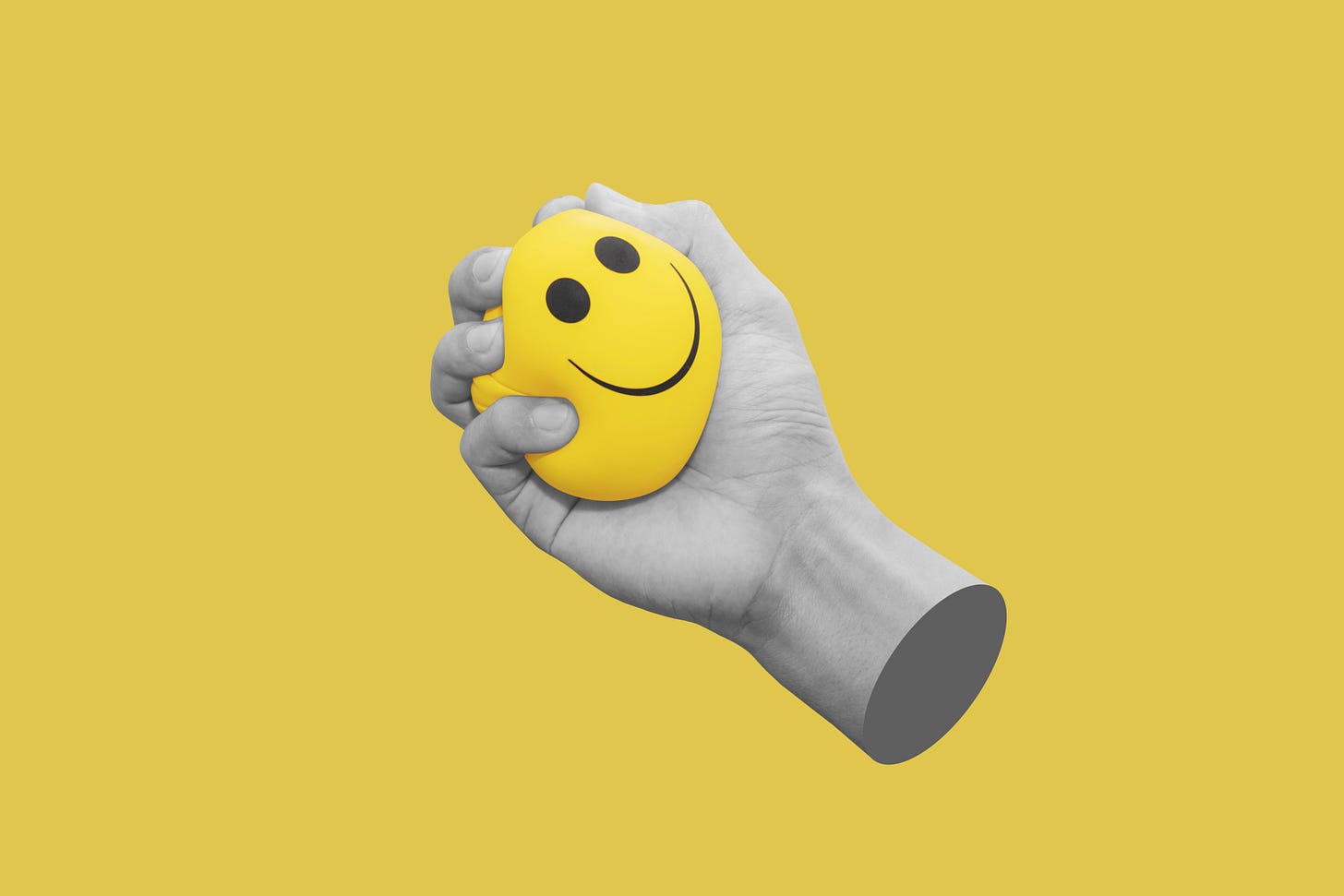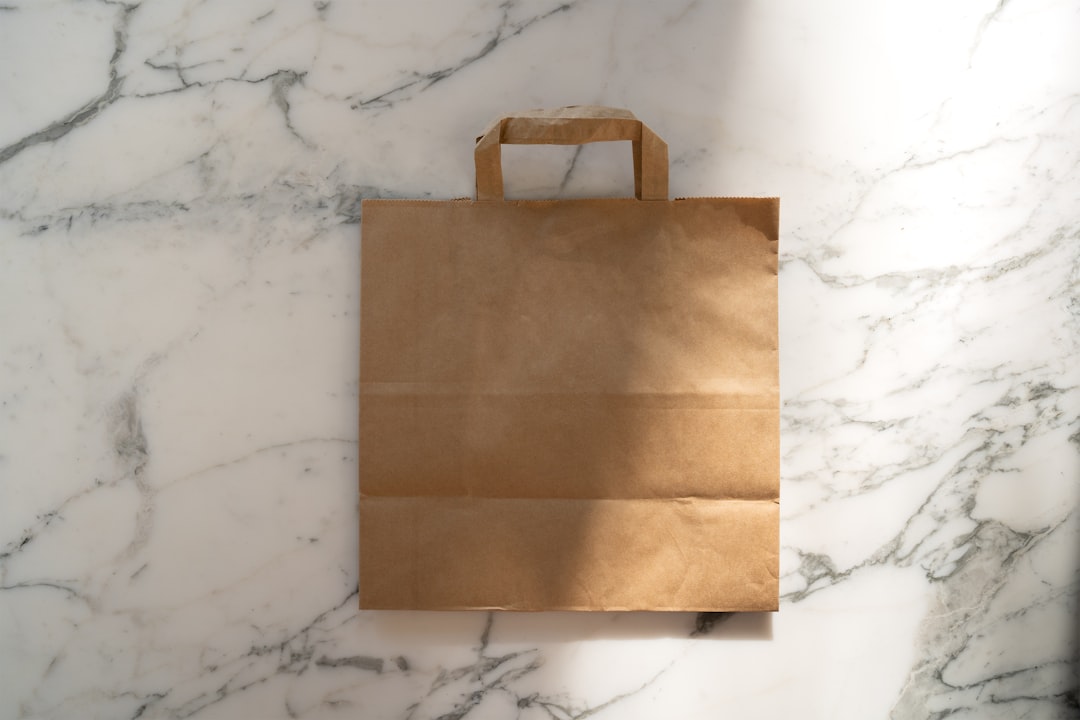Hello, and welcome to this weekly free newsletter from The Flock with Jennifer Crichton. Just a reminder that you can support the work that goes into this newsletter, and access all manner of extra columns, interviews, audio content and conversation throughout the week, by becoming a paid subscriber.
Earlier this week, I had a 1am panic attack.
It’s not the first time it’s happened. It’s probably not even the tenth. But this time was especially bad.
My husband, waking to an empty bed, came downstairs to find me sitting on the kitchen floor, trembling and literally gasping for air. I couldn’t speak. I could barely breathe. I remember looking up at him from the floor and seeing the fear in his eyes.
Having never been around to witness me in proper panic mode before, he called 111 – though by the time he actually got to speak to anyone, I was through the worst of it. It’s amazing what a paper bag, emptied of tomatoes, can do in a crisis…
Today marks the end of another Mental Health Awareness Week, and while in the past I’ve written loosely about anxiety – the ‘acceptable’ face of mental illness in our pandemic age, for who isn’t anxious? – I’ve never really opened up about it.
Because to acknowledge the scale of my anxiety, the all-encompassing nature of the panic attacks it brings, still feels uncomfortable. Difficult. Exposing. While the conversation about mental health has undoubtedly been amplified in recent years, the raw realities of it remain hard to hashtag. Beyond social media, how much have attitudes actually changed?
I still remember the first time I became aware of my anxiety. I don’t know exactly how old I was – perhaps eight? – but I can clearly recall every detail of how I felt that night. A trip to the theatre with my mum and my gran to see 42nd Street should have been a real treat – and for the first half, it was. I adored everything about it, from the cheesy tap dancing to the cheesier show tunes. But as the curtain rose for Act Two, something switched.
Suddenly, my interval ice-cream felt heavy in my stomach. I remember clasping my hands together on my lap to stop them shaking. It didn’t work. All I could think about was the fact that, when the show was over, it would be dark. We’d have to walk back to our car. The well-lit, multi-storey car park around the corner had somehow, since the opening number, become the most threatening place on earth. I recall, inexplicably, visualising a man with a gun. I was utterly convinced we were all going to die.
We didn’t, of course. Kicking out time at the Edinburgh Playhouse rarely resembles a Jason Statham movie. But making it to the car safely presented its own problems – we hadn’t been shot, so what had I been so worried about? Where had that sudden fear come from? Was my brain broken?
Even at that young age, I was aware my catastrophising wasn’t ‘normal’. I felt shamed by it. So instead of opening up, I pretended to fall asleep in the car and told no one.
Some thirty or so years later, at 1am on Wednesday, the fears were different but the feeling similar. Shaking hands and a racing heart. Nausea. An overwhelming terror that something terrible was about to happen to the people I love – and that it would be my fault.
While mental illness is an equal opportunities offender, women are twice as likely as men to suffer from anxiety. In England, before the pandemic, around 8.2m people were believed to be chronically affected. Since lockdown, anxiety has reached critical mass. Everyone is anxious now – and justifiably so. The world is a scary place to live.
But there’s a difference between a totally understandable fear of global events and Generalised Anxiety Disorder (GAD), which follows sufferers through life regardless of what’s going on outside their window. And what’s odd about that latter state of being, what non-sufferers often don’t understand, is that while attacks can sometimes be prompted by the big things in life, more often than not, the triggers are far more benign.
Florence gets it…
Personally, I’m pretty good in a crisis. I can swallow my feelings and soldier on with the best of them and I’m at my most capable when there is a problem to be solved. I started a business in lockdown for crying out loud – dramatic distraction from reality is my bag.
Yet it’s only recently that I’ve realised my coping ability might not be the strength I’ve always regarded it as. My propensity to bury my fears and push on through is a double-edged sword – fine in the moment, but anxiety can’t be outrun so often catches up when you least expect it. Recently, with a whole host of major life events going on in the background, triggers for me have included a snide Instagram post about Amber Heard, a Guardian article about ‘carbon bombs’ and a missing earring (were we robbed?).
Since entering surgical menopause at 38, my anxiety has only gotten worse, aided by an insomnia that allows my thoughts to run unchecked into the wee small hours. Enter my room at 2am on any given night now and you’ll find me staring at the ceiling in fear. I could be worrying about the stupid thing I said on Zoom that day or about my son living his adult years in an apocalyptic hellscape – it barely matters. The tightness in my chest is the same, whatever the cause.
The morning after my most recent panic attack, I was due to see the doctor for a check-up following three-months on my current HRT. My blood pressure was fine – good news. My anxiety though? Not so good. My GP half-heartedly offered to refer me for talking therapy, but was upfront about NHS overwhelm – and with the waiting list currently well over a year long, there barely seemed any point in giving her the extra paperwork.
Which is the crux of the matter really, isn’t it? We can have all the Mental Health Awareness Weeks in the world, type #BeKind until the cows come home. But until the powers that be recognise the reality of the mental health crisis we find ourselves in – and offer reliable, affordable, fast access to critical support services – nothing will change.
We’re already aware of our mental health needs. But awareness doesn’t mean a lot when you’re breathing into a paper bag…
Do you suffer from anxiety or mental ill health? Have you been able to access help? Does increased awareness lead to increased support? I’d love to hear your thoughts…










I’ve had depression and anxiety for over 30 years. The last 13 or more I’ve not been medicated. I literally take it day by day. Some are better, others are worse.
My advice for panic attacks is to distract your brain. The breathing into a bag works because you’re concentrating on doing that. Slow breathing also helps things to settle too.
I rub my thumb and finger together, so I can really feel the texture. By concentrating on that, it breaks the cycle of thoughts in my head. The key is to do it as soon as you feel it come on.
We have a massive problem brewing, there is no easy solutions. But I’m convinced the more we share these stories the more people know they’re not alone. That has to be a good thing, right?
Thanks for your honesty and sharing Jen. I've only had one panic attack but it was f*cking terrifying and wouldn't wish it on my word enemy. Thanks for writing about it and making it all less of a mystery. It's really helpful xo